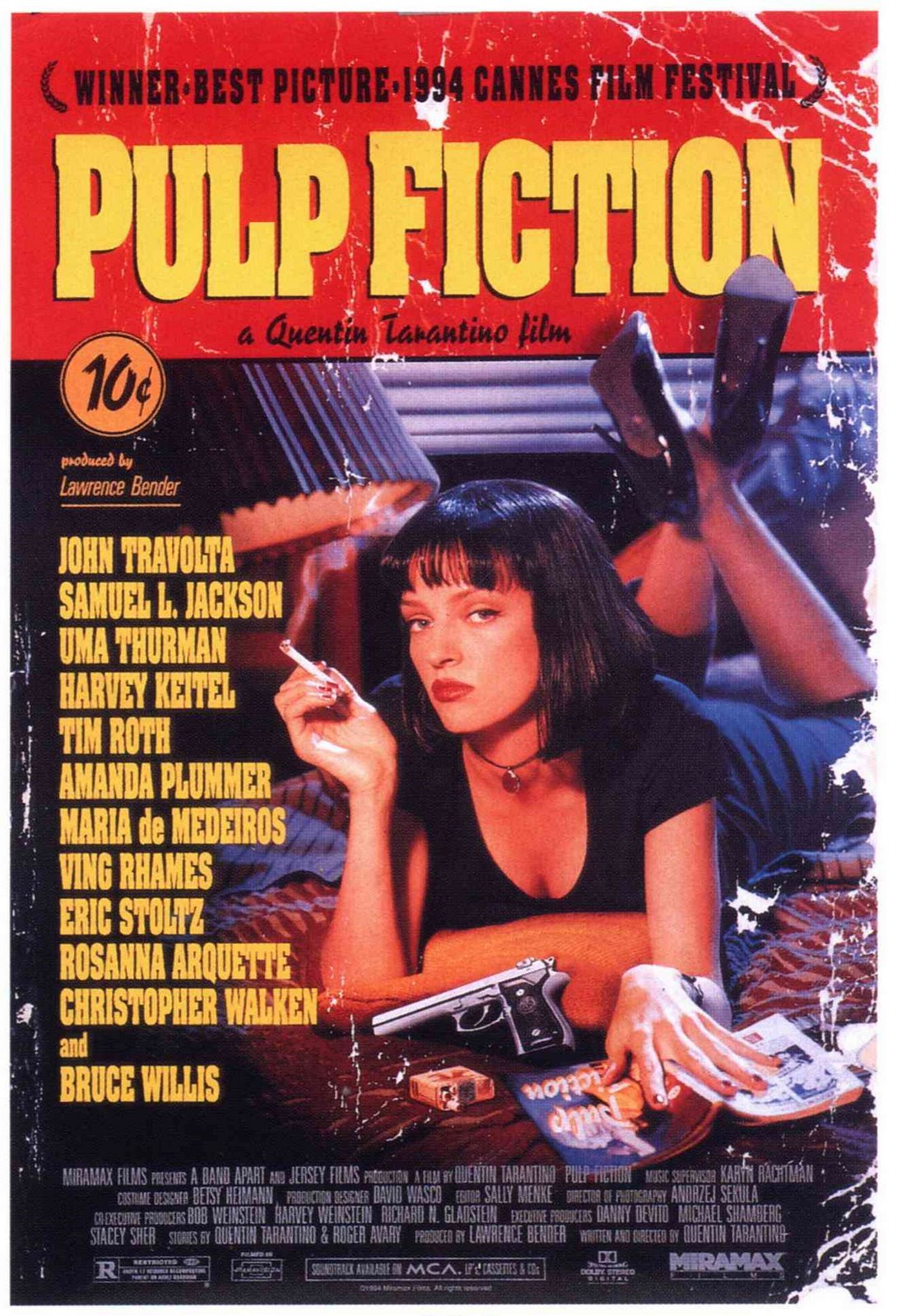We're seeking new members for our 2025 Board of Directors, as well as our founding Associate Board for young professionals 35 and under. Details and application at each of the links above.
CHIRP Podcasts

Split Reel is CHIRP's podcast on film, television, and societal attitudes, where host Kevin Fullam tackles the world of mass media with the help of academics and cultural critics around the country. For more information, visit www.kevinfullam.net.
Split Reel Split Reel: It’s Raining Superheroes!
For that segment of Nerd Culture which longed for the day when Hollywood studios would pump out an endless stream of big-budget superhero flicks... that day has arrived. And once again, the story is "Be careful what you wish for." When a certain genre of film is successful, moviegoers will be treated to more of them -- but when they're wildly successful, studios can hardly be bothered to release anything else.
Is Hollywood's raging emphasis on action franchises, reboots, and remakes stifling cinema creativity? What's the solution from the angle of the cinephile? My guest is pop-culture critic Leonard Pierce, whose work has been featured in numerous magazines, and whose writing can be found at leonardpierce.com. For more information on Split Reel, visit kevinfullam.net.
Download this episode Subscribe to all podcasts Subscribe to all Split Reel podcasts
Split Reel Split Reel: The Films of Quentin Tarantino (with guest Katherine Rife)
 It's been nearly 20 years since writer/director Quentin Tarantino's second film, "Pulp Fiction," cemented his status as a Hollywood icon and inspired a whole theatrical wave of wise-cracking gangsters. A B-movie junkie, Tarantino has drawn from decades of cinema during his career, paying tribute to genres as diverse as spaghetti westerns ("Django Unchained") and samurai films ("Kill Bill").
It's been nearly 20 years since writer/director Quentin Tarantino's second film, "Pulp Fiction," cemented his status as a Hollywood icon and inspired a whole theatrical wave of wise-cracking gangsters. A B-movie junkie, Tarantino has drawn from decades of cinema during his career, paying tribute to genres as diverse as spaghetti westerns ("Django Unchained") and samurai films ("Kill Bill").
Joining host Kevin Fullam is Chicago film blogger Katherine Rife, author of the new book, "If You Like Quentin Tarantino..." For more information on Split Reel, visit kevinfullam.net.
Download this episode Subscribe to all podcasts Subscribe to all Split Reel podcasts
Split Reel Split Reel: Cultural “Sophistication” (with Guest Leonard Pierce)
 We live in an age where we have nearly limitless access to not only mass media, but also the critical dissection of said culture via the internet. What sort of impact has this had on our "sophistication" regarding film, television, and music? And what does it mean to be "sophisticated" in the first place -- has that definition shifted over time in response to various trends in art?
We live in an age where we have nearly limitless access to not only mass media, but also the critical dissection of said culture via the internet. What sort of impact has this had on our "sophistication" regarding film, television, and music? And what does it mean to be "sophisticated" in the first place -- has that definition shifted over time in response to various trends in art?
Joining me is cultural critic Leonard Pierce, who has written about film and music for numerous publications, and is the author of If You Like The Sopranos... on crime cinema. Leonard's writing can be found at leonardpierce.com, and for more information on Split Reel, visit kevinfullam.net.
Download this episode Subscribe to all podcasts Subscribe to all Split Reel podcasts
Split Reel Looking back at “The Terminator”
_0_(1).jpg) Released in 1984, the unheralded The Terminator not only propelled director James Cameron and actor Arnold Schwarzenegger to stardom, but would eventually become recognized as a landmark work that would influence cinema for decades to come. Sitting at the center of a hub of themes ranging from corrupt A.I.s to dystopian futures, The Terminator is the focus of a new book from Scott Von Doviak: If You Like The Terminator, Here Are Over 200 Movies, TV Shows, and Other Oddities That You Will Love. Scott is a cultural critic whose writing has been featured in the A/V Club, Nerve, and numerous other publications.
Released in 1984, the unheralded The Terminator not only propelled director James Cameron and actor Arnold Schwarzenegger to stardom, but would eventually become recognized as a landmark work that would influence cinema for decades to come. Sitting at the center of a hub of themes ranging from corrupt A.I.s to dystopian futures, The Terminator is the focus of a new book from Scott Von Doviak: If You Like The Terminator, Here Are Over 200 Movies, TV Shows, and Other Oddities That You Will Love. Scott is a cultural critic whose writing has been featured in the A/V Club, Nerve, and numerous other publications.
Download this episode Subscribe to all podcasts Subscribe to all Split Reel podcasts
Split Reel Race and Visual Imagery (w/guest Maurice Berger)
It’s long been said that perception becomes reality, and for much of our nation’s history, mass media has not been kind to minorities — in particular, the African-American community. From Birth of a Nation (where the Ku Klux Klan were portrayed as crusading heroes) to the bumbling, shiftless TV characters of Mantan Moreland and Stepin Fetchit, early film and television did much to portray black America as an underclass deserving of pity and ridicule.
But images were also used as weapons to advance the cause of civil rights, as evidenced by the power of photos of the horrifically-beaten Emmit Till to news coverage of Martin Luther King Jr.’s “I Have a Dream” speech in Washington, D.C.
Today we’ll be talking about landmark TV shows and films that have inspired discussions on race — from All in the Family to The Cosby Show to Spike Lee’s Bamboozled — as well as look at how race has been used in the political arena.
My guest is Maurice Berger, senior research scholar at the Center for Art, Design, and Visual Culture at the University of Maryland Baltimore County, and senior fellow at the Vera List Center for Art and Politics of The New School. He’s also the author and curator of the new book and exhibit titled For All the World To See: Visual Culture and the Struggle for Civil Rights.You can access the online portion of the exhibit here, while the actual project is currently stationed at the International Center of Photography in New York City.
For more information and archived shows, visit kevinfullam.net.
Download this episode Subscribe to all podcasts Subscribe to all Split Reel podcasts